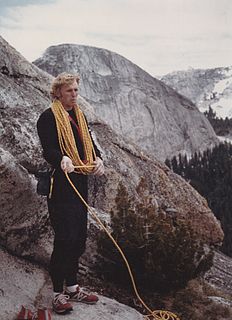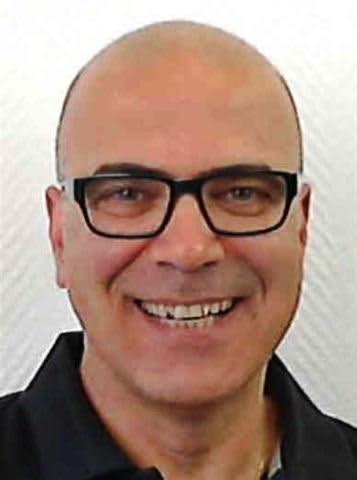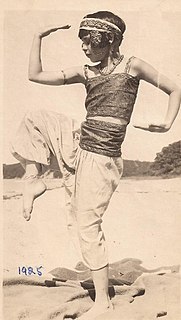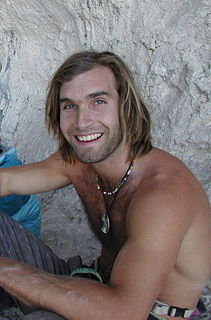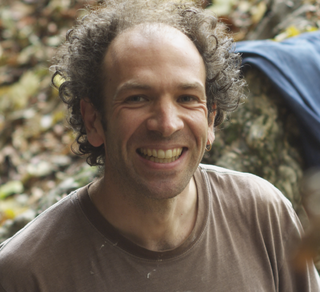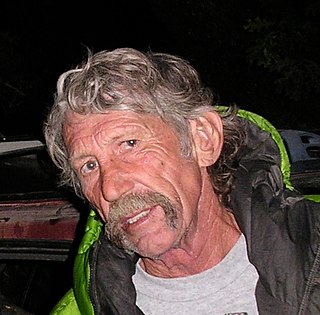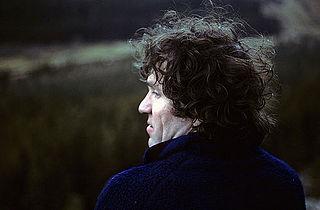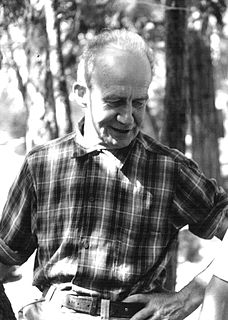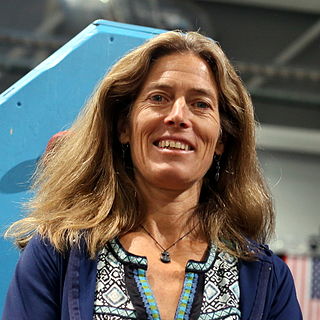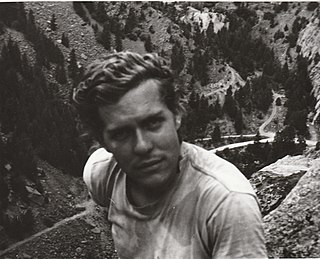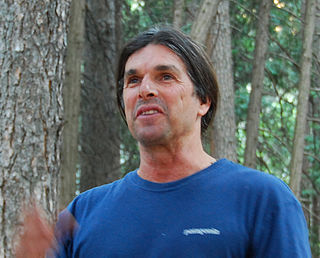A Quote by John Bachar
I accept the consequences of all that I do. No matter what we do with our lives, our bodies are temporary. We're all going to die, and I'd rather die climbing than doing anything else.
Related Quotes
In astrophysics, we care about how matter, motion and energy manifest in objects and phenomenon in the universe. Stars are born. They live out their lives. They die. Some of the ones that die explode. Our sun will not be one of those, but it will die. And it'll take Earth with us. So we make sure we have other destinations in mind when that happens. And I've got it on my calendar.
Our actual lives, including our values, our social relations, our self-conceptions, and many of our concepts, are pervasively shaped both by the knowledge and by the fact that we will someday die - that we are subject to extreme temporal scarcity. There is no reason to think that, if we were immortal, the same things would continue to matter to us. We have little or no idea what, if anything, would matter to immortal beings, or even how such beings would think of themselves.
I have told the story I was asked to tell. I have closed it, as so many stories close, with a joining of two people. What is one man's and one woman's love and desire, against the history of two worlds, the great revolutions of our lifetimes, the hope, the unending cruelty of our species? A little thing. But a key is a little thing, next to the door it opens. If you lose the key, the door may never be unlocked. It is in our bodies that we lose or begin our freedom, in our bodies that we accept or end our slavery. So I wrote this book for my friend, with whom I have lived and will die free.
If we desire to end our days in joy and comfort, let us lay the foundation of a comfortable death now betimes. To die well is not a thing of that light moment as some imagine: it is no easy matter. But to die well is a matter of every day. Let us daily do some good that may help us at the time of our death. Every day by repentance pull out the sting of some sin,that so when death comes, we may have nothing to do but to die. To die well is the action of the whole life.
More than anything else, kindness is a way of life. It is a way of living and walking through life. It is a way of dealing with all that is-our selves, our bodies, our dreams and goals, our neighbors, our competitors, our enemies, our air, our earth, our animals, our space, our time, and our very consciousness. Do we treat all creation with kindness? Isn't all creation holy and divine?
We cannot hope to die peacefully if our lives have been full of violence, or if our minds have mostly been agitated by emotions like anger, attachment, or fear. So if we wish to die well, we must learn how to live well: Hoping for a peaceful death, we must cultivate peace in our mind, and in our way of life.
There's that wonderful line in Measure for Measure. I forget which of the characters has committed adultery and is going to die. He looks at his hand and says, "How could this die?" That's the joke. I've always thought, and this is nothing new, that we don't really believe we die. I think you're going to die, because I know that's what happens but I can't imagine I'm going to die.
Switch on the television or glance at the newspaper: You will see death everywhere. Yet, did the victims of those plane crashes and car accidents expect to die? They took life for granted, as we do. How often do we hear stories of people whom we know, or even friends, who died unexpectedly? We don't even have to be ill to die: Our bodies can suddenly break down and go out of order, just like our cars. We can be quite well one day, then fall sick and die the next.
Claims that some form of consciousness persists after our bodies die and decay into their constituent atoms face one huge, insuperable obstacle: the laws of physics underlying everyday life are completely understood, and there's no way within those laws to allow for the information stored in our brains to persist after we die.
